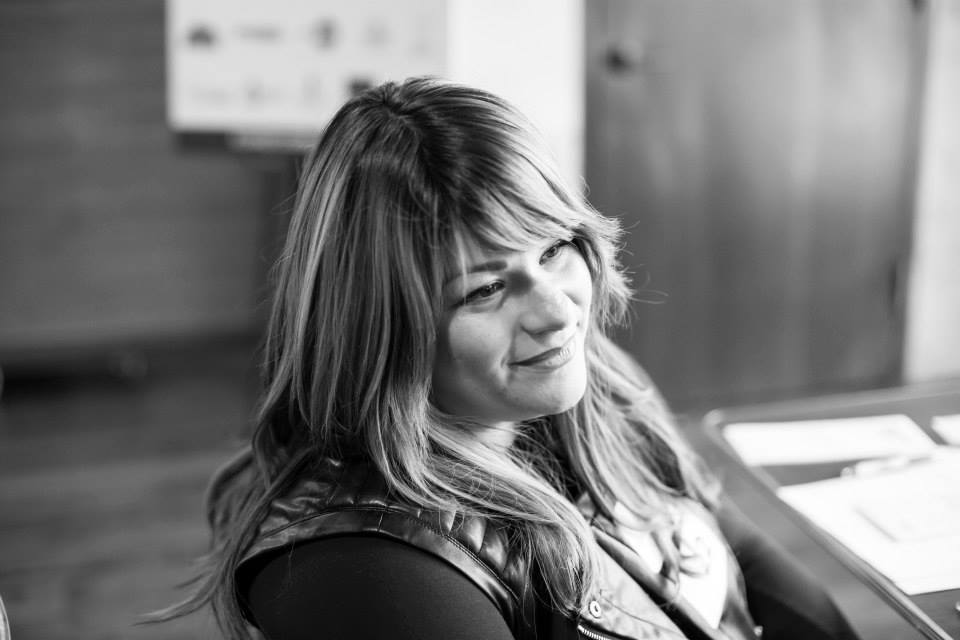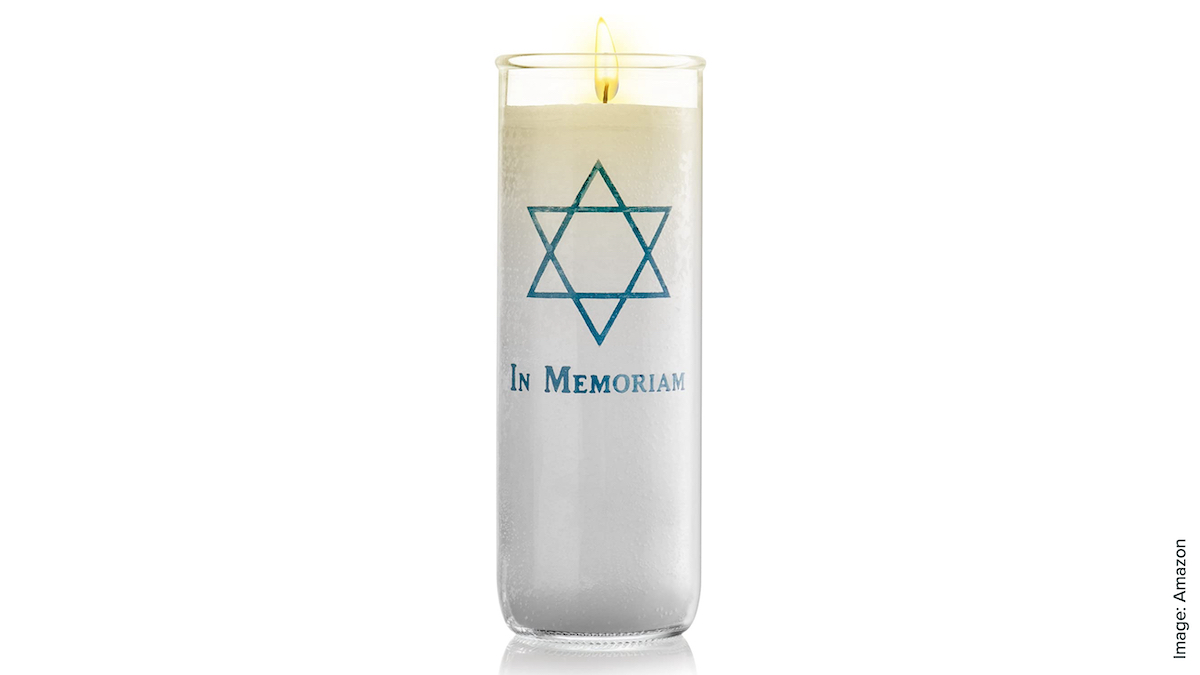Dayeinu
This is reprinted from the 5 Towns Jewish Times.
If you ever want serious insights on life, visit a shivah house.
Now, not all shivah houses are equal.
There are different energies in each house. A lot of the overall vibe of the house and how it’s dealing with the loss of the deceased has to do with the nature of his/her passing, such as whether or not it was sudden. The age of the deceased also plays a large part.
But the absolute biggest factor is the people who have to mourn their loved one and how they’re dealing with the loss.
I’ve said this before and I’ll say it again—you don’t control your fate. All you control is your reaction to the things that happen in your life.
I recently heard Dr. David Pelcovitz say something that truly resonated with me. He spoke of things in life that can be either a burden or a challenge.
Essentially, those two words mean the same thing, but the overall attitude regarding one is negative (burden), while the other is promising and maybe even positive (challenge).
It’s all about perspective. And that same vein applies to observing people in the most arduous of circumstances and understanding that sometimes instead of people who lost their loved one mourning the loss, they celebrate the memory.
Mourning a loss can be celebrating a memory like a burden can be a challenge.
It’s the same thing as convincing oneself that you can’t do something when maybe you actually can.
Walking into last week’s shivah house didn’t make me nervous, and I didn’t even wonder how the family would be acting. I grew up visiting this particular home all throughout high school, and I was a friend of the daughters of the man who passed somewhat suddenly. I knew it wouldn’t be the type of house where there would be awkward silence or helplessness from those being menachem avel because I knew the family.
I knew they’d understand this week of shivah as being the opportunity to tell about the immense modesty but greatness of their husband and father. How his life was about chesed and doing for others, but it was a simple, quiet life, and he lived and died the way he would have wanted.
As his wife told us their story—the story of their beginning, middle, and end, the love story that lasted for almost 50 years—one phrase kept popping into my head, as tears fell down my face; that word was “dayeinu.”
We sing about it on Pesach in the Haggadah, but what is dayeinu?
It’s being grateful for every ounce of life and love that they had, and nothing more. She didn’t count the time that wasn’t gifted to them but celebrated the time they had.
She said, “People come here and they’re sad for me, but do you know how grateful I am that I married him? And had a family with him? That I was able to say goodbye to him?
“Dayeinu.”
What G-d provided was enough.
It was meant to be and it was wonderful. She didn’t look at others’ lives and think about the time they had that she didn’t—she looked at the time she and her husband had been given. She looked at the concrete instead of the abstract or “what if” or “it should’ve been this way and it wasn’t.”
Maybe she’s very intuitive or maybe she’s just attuned to being a child of G-d (which is the literal meaning of her name) and knowing that gratitude is the quickest way to happiness. It’s the easiest way from lamenting the age-old “why me” to “thank you for the abundance I’ve been given.”
Kohelet teaches: “Better to go to a house of mourning than to a party. For the living can take it to heart.”
At a shivah house, the externalities are stripped away and we learn from those sitting.
Whatever it is, after all I’ve been through, I knew the reason I had to be there on that night and be privy to a conversation in a group as an onlooker.
Because in these shivah houses, discussing the life and death of loved ones, is where you’ll hear the truth. The truth about what’s important, about how to live and how to love and how to say goodbye. One of the names of G-d is “sha-dai,” which we’re taught means: the One Who said “dai” to the world.
We have enough. Enough to be grateful despite things outside of your control. To say “dayeinu” and really feel it.
L’zecher nishmas Avrohom ben Yitzchok Travis, ob’m.
Malkie Gordon Hirsch is a native of the Five Towns community, a mom of 5, a writer, and a social media influencer.

Please leave your comments below.

